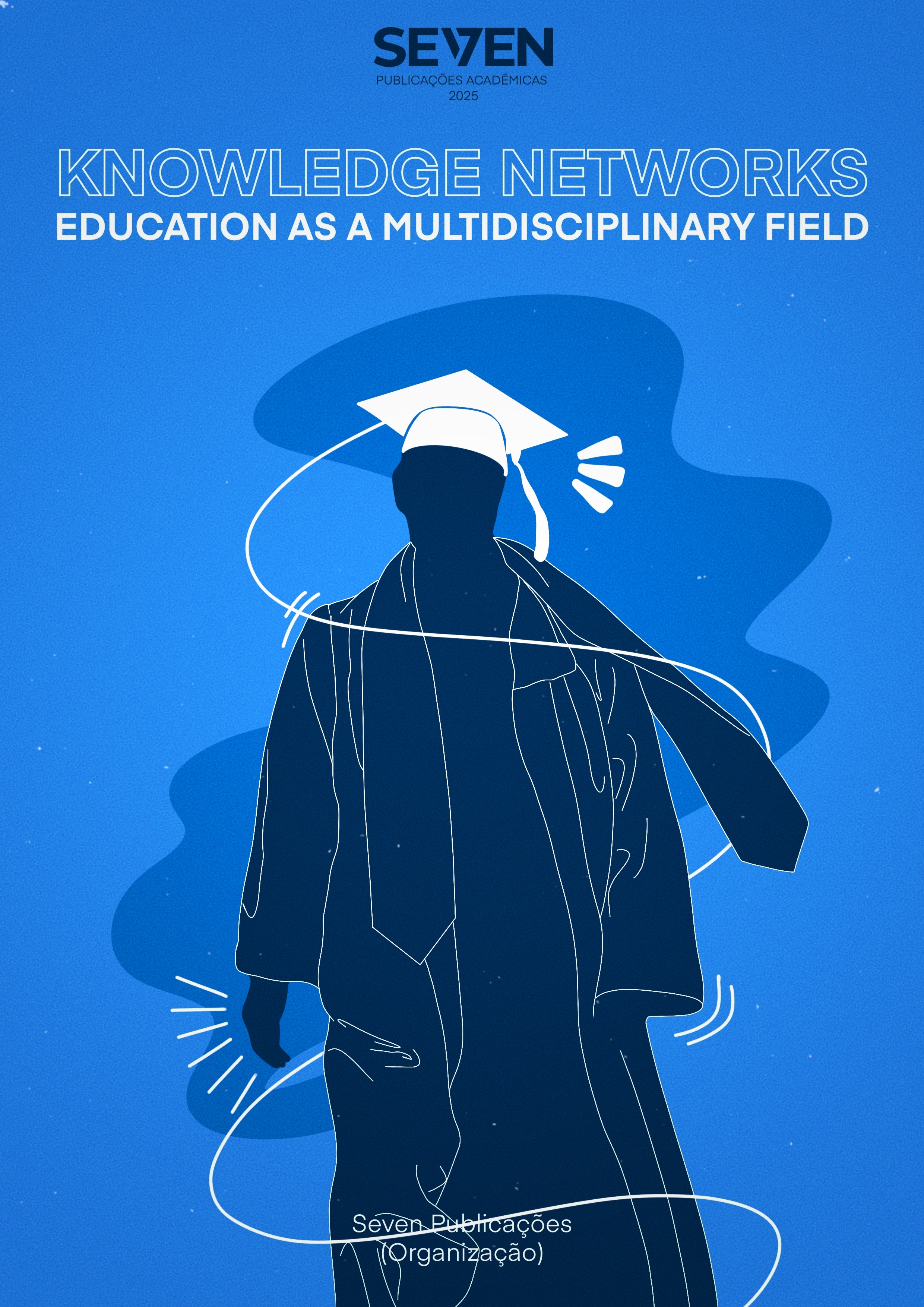TEACHING ORIENTATION RUNNING IN SCHOOL PHYSICAL EDUCATION CLASSES: LIMITATIONS AND POSSIBILITIES
Keywords:
Orienteering, Physical Education Teachers, Physical Education in Schools, TeachingAbstract
The inclusion of Orienteering as a curricular component of Physical Education in schools only occurred after the enactment of the National Common Curricular Base (BNCC) in Brazil and has since generated a demand for teachers capable of teaching it effectively. This article presents the results of a survey aimed at identifying how Physical Education teachers are addressing Orienteering curricular content in their classes and the limitations and possibilities of its teaching in Physical Education (SPE) classes. Data collection was conducted with 164 Physical Education teachers from public and/or private schools in 12 Brazilian states (Amazonas, Ceará, Espírito Santo, Goiás, Mato Grosso, Minas Gerais, Paraná, Rio Grande do Sul, Rio de Janeiro, Santa Catarina, São Paulo, and Tocantins), as well as the Federal District. They responded to a semi-structured questionnaire about their practices related to teaching Orienteering. Using the organizational and interpretative procedures indicated by Content Analysis, it was found that 28% of teachers address the Orienteering curriculum in their classes, while 72% stated they do not. Factors hindering this approach include: lack of training; limited knowledge and experience in the sport; lack of teaching/instructional materials; lack of appropriate technical materials; and the culture of the sport. Given these facts, at the end of the research, the results of which are presented in this article, it is suggested that teachers' persistence, dedication, and ability to adapt and overcome challenges directly influence the possibility of addressing the content. This is made possible by adapting the materials necessary for practice, the school space and/or surrounding areas where the activities will take place, and by addressing deficiencies in initial training, whether through continuing education and/or through joint research and knowledge sharing, as emphasized by the respondents.
Downloads
Published
Issue
Section
License
Copyright (c) 2025 Rogerio Campos, Rodrigo de Souza Poletto, Marinez Meneghello Passos

This work is licensed under a Creative Commons Attribution-NonCommercial 4.0 International License.





